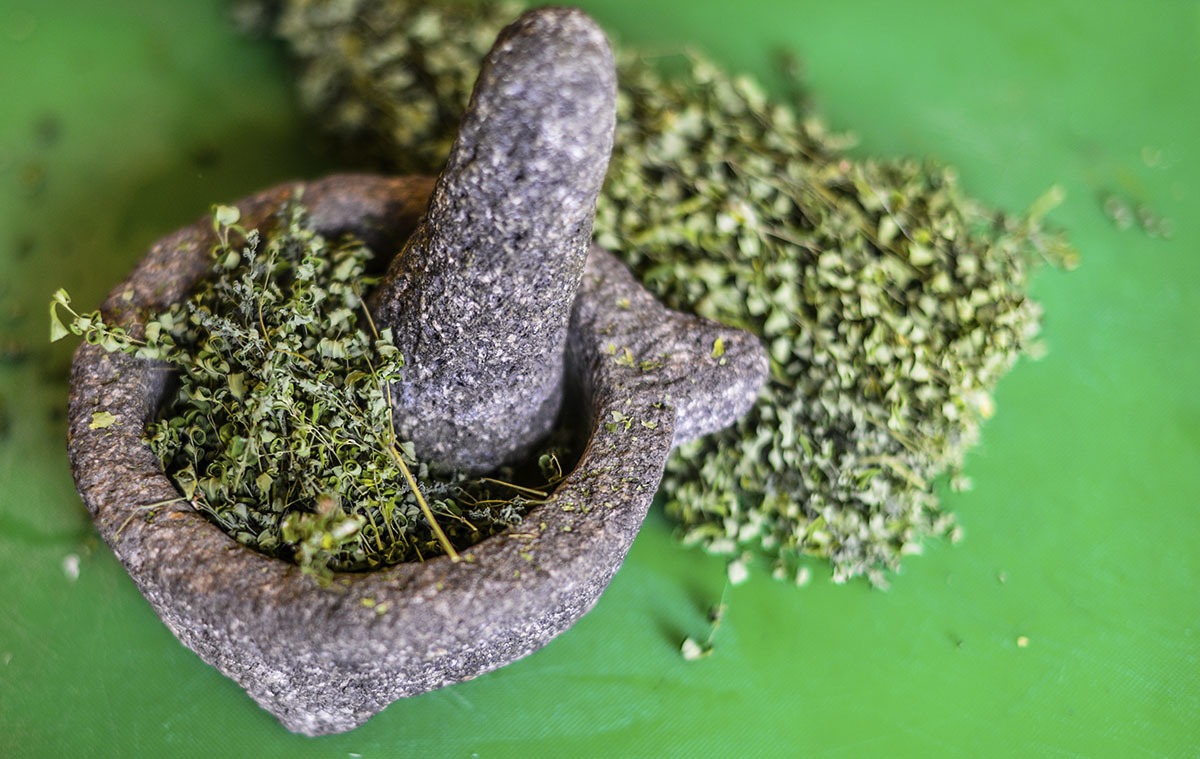Moringa is a fantastic plant that boasts unparalleled medicinal qualities in its leaves, flowers and roots. In ancient Indian medicine it was said that Moringa was used to cure more than 300 types of illnesses.
It’s Properties:
The moringa leaves have several medicinal properties, as well as containing proteins, minerals (such as iron, phosphorous, potassium, calcium and essential fatty acids), and vitamins A, C and B. In fact, moringa leaves contain an even higher concentration of Vitamin C than oranges, and even more vitamin A than carrots. Strangely enough, moringa also boasts more calcium than cows’ milk and as much potassium as bananas.
According to some studies, just a small amount of moringa leaves (specifically, the tips of the leaves) can contribute as much as 23% of the recommended daily allowance (RDA) of vitamin A and as much as 18% of the RDA of vitamin C. The leaves can be eaten raw in the same way as a vegetable, and can be used as a healthy ingredient to season and add nutritional value to salads and soups.
The moringa seeds can be taken out of the pod and can be eaten whole (toasted), and the leaves can be added to salads or other dishes before serving. Moringa root can be ground and made into infusions and the flowers can also be added to salads or warm or cold dishes.
The name given to the plant (‘the tree of eternal youth’) is certainly not an exaggeration, as it has many different properties that are beneficial to the human body.


